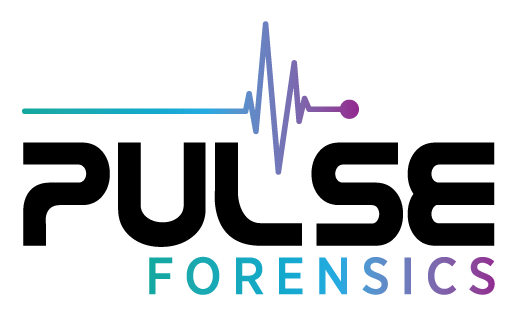What is Computer forensics?
What exactly is computer forensics? When people hear the term “computer forensics” they often have no idea what it means. Countless times I’ve found myself in an Uber or Lyft and I get asked by the driver what I do for a living. I tell them “Computer forensics” and I always get a “What’s that?”
Computer forensics Defined
Computer forensics, also called digital forensics, is the practice or process of collecting and understanding electronic data in a manner within legal context. Computer forensics collects data from digital or electronic devices.
The objective of this process is to preserve the evidence in the most unique form. Digital information is collected, identified and validated for reconstruction of past events. Potential evidence must collected in a manner to be used in a court of law. Computer forensics follows the same process and rigors as any other forensic disciplines such as fingerprint analysis, blood splatter, DNA collection, etc.
How is Computer forensics Used?
Computer forensics can be applied in areas of crime or civil disputes. The world is dominated by Internet and computer use. Computers are used for communication, browsing, Internet or office work. Computers and devices can also be used to commit crimes. Law enforcement is by far one of the earliest and heaviest users of computer forensics. Law enforcement is at the forefronts of any research and development in the field of computer forensics. Continued advances in digital forensics research and science provide law enforcement and investigator with methodologies to and techniques to collect evidence.
Data collected from electronic devices can serve as evidence for crimes or disputes. Digital information is stored or transmitted in the form of binary code. Proper preservation of this information aids courts in resolving disputes and crimes. Data is usually found on a computer hard drives, mobile phones, CDs, flash drives or any other devices that store digital information.
What Kinds of Information Are Collected Through Computer forensics?
A computer itself can serve as “the scene of the crime” such as in the case of hacking. Computers may hold critical information in the form of internet history, files, documents and emails.
A computer forensic expert is interested in content like emails and files but also the metadata linked to these files. Metadata can reveal important details such as when the document was first created, last edited, when was saved or any other actions carried that may reveal intent or timing.
If you are in need of a computer forensics expert give us a call. 918-641-4729 or use our Contact Form.
